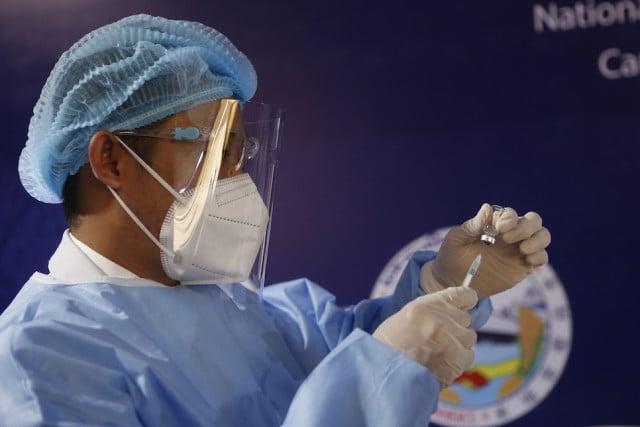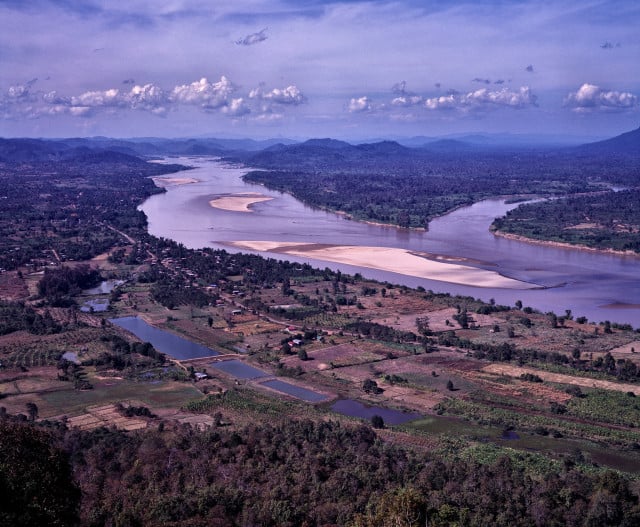Drugs Soar as Gangs Switch Methods
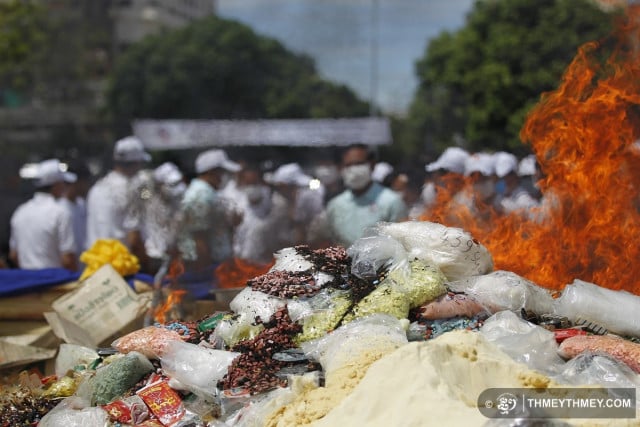
- By Lay Sopheavotey
- July 28, 2022 5:59 PM
PHNOM PENH – Illegal drug production has risen rapidly as drug makers adopt rapid synthesis methods, authorities say.
Police have seized more than 3,000 tonnes of drugs in six months, 19 times the 170 kilos recovered in the same period last year.

National Authority for Combating Drugs secretary-general Meas Virith said authorities had cracked down on large-scale drug crimes. In early July, police arrested 11 Chinese nationals and seized about 2,700 tonnes of various drugs.
Virith said traffickers took the opportunity to cross international borders while authorities were busy with Covid-19.
Criminals imported drug precursor chemicals as agricultural fertilizers to deceive the authorities and used them to produce drugs.
This made it hard to prevent as Cambodians and foreigners who knew chemical synthesis techniques conspired with drug gangs, which led to an increase in domestic drug production.
“Criminals are shifting from opium poppy cultivation to synthetic drugs and the rise in drug use,” he said.
“These new drugs are made quickly with a combination of chemicals. There is no need to spend a lot of time or use a large area for growth. It relies only on experts in chemical synthesis techniques.”
Authorities had also stepped up their search for suspected locations and citizens' awareness had led to reporting suspected cases and drug production sites.
However, political analyst Meas Ny said it was unlikely that the rise in drug seizures was due to a change in drug production and distribution.
“Authorities must restrict imports through import routes. Law enforcement should be strengthened because it appears that there is a conspiracy between high-ranking officials and drug traffickers,” he said.
He is concerned about the momentum of the rise of local drugs as people in local areas constantly raise drug concerns.
“Strengthen the implementation of laws to control immigrants and avoid those who treat Cambodia as an illegal business,” he said.
He said the recent large-scale crackdown on drugs confirmed the efforts of professional officers to prevent drug production and distribution.
Meas Virith said the major drug gangs look only at opportunities and locations in countries for production and distribution of drugs.
Many kinds of chemicals were used for drug production, some of which were strictly controlled with others being studied further.
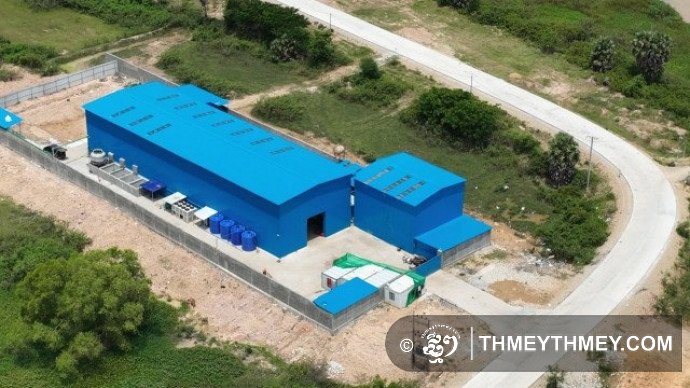
Interior Minister Sar Kheng has announced the launch of checks on foreigners to prevent human trafficking and other crimes.
He has promised a draft law on the control of chemicals to prevent criminals, especially in some factories and enterprises, from stealing and turning them into drugs.
York Kim Eng, president of the People's Center for Development and Peace, also said that the drug problem is a big concern.
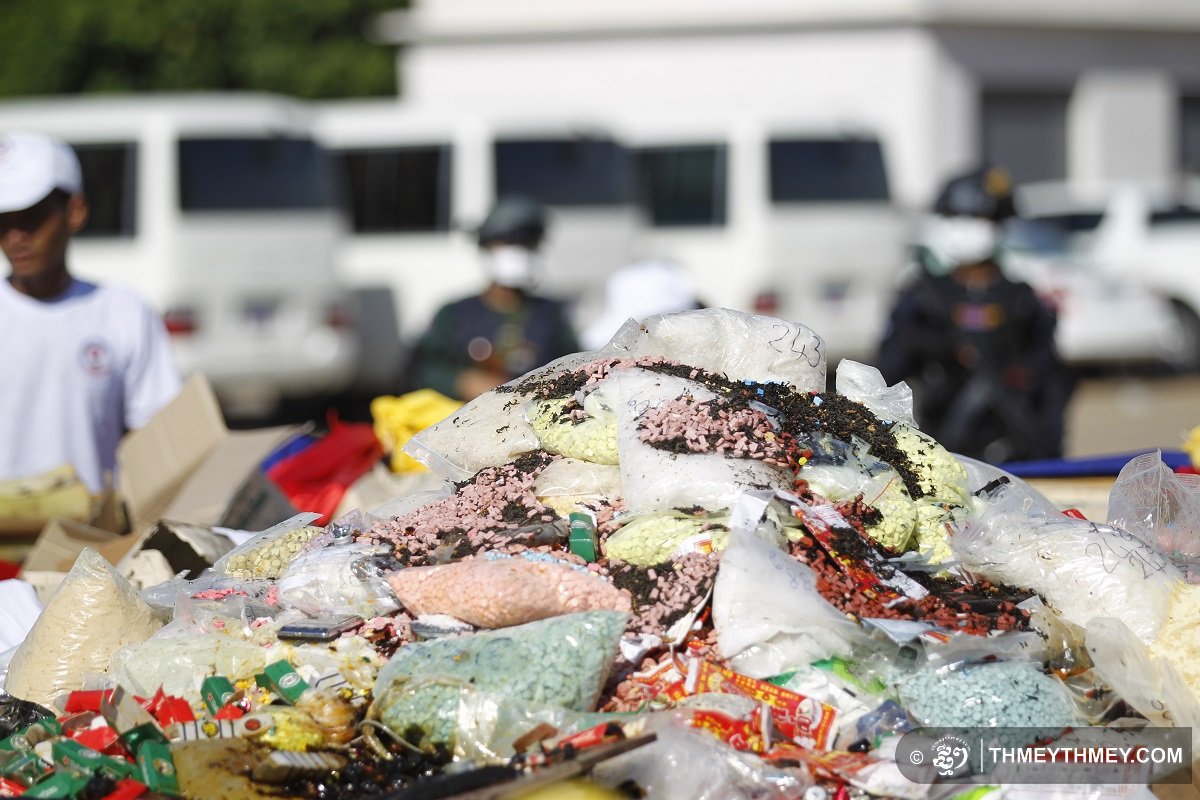
Regardless of the law or the level of punishment, the perpetrators are not afraid of the law as long as there was corruption and weakness in law enforcement.
Cambodia’s Law on Drug Control provides for a wide range of criminal offences, including possession which carries a sentence of two to five years’ imprisonment, and up to ten years for repeat offenders.
Trafficking is punishable by 20 to 30 years or life imprisonment, depending on the level of drugs found.
Story originally published in Khmer for ThmeyThmey, translated by Sam Sopich for Cambodianess






